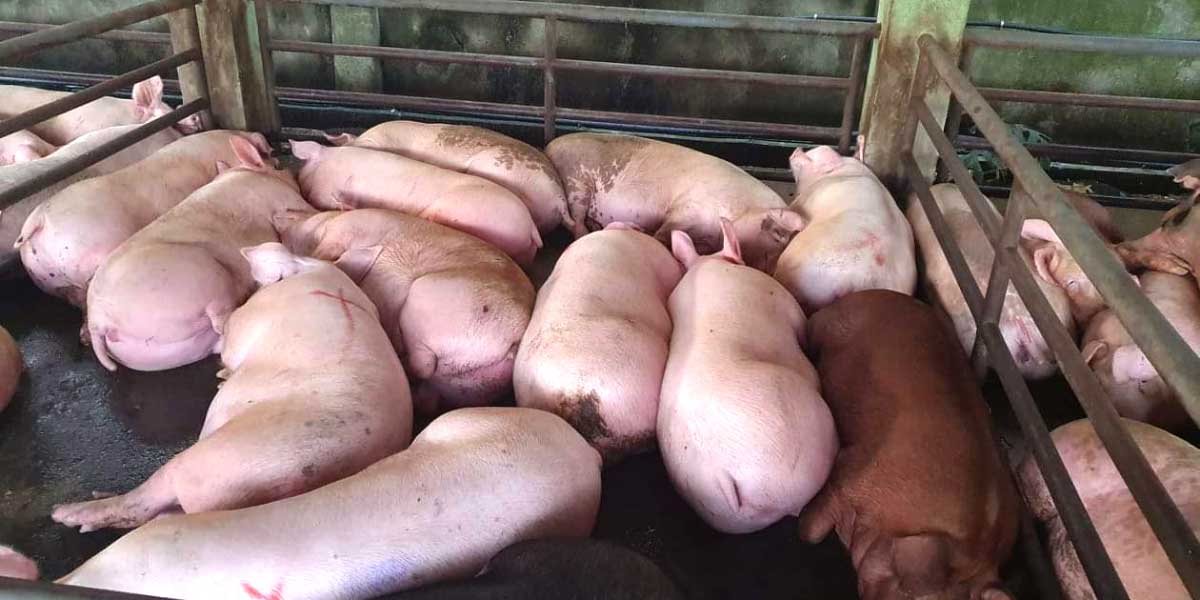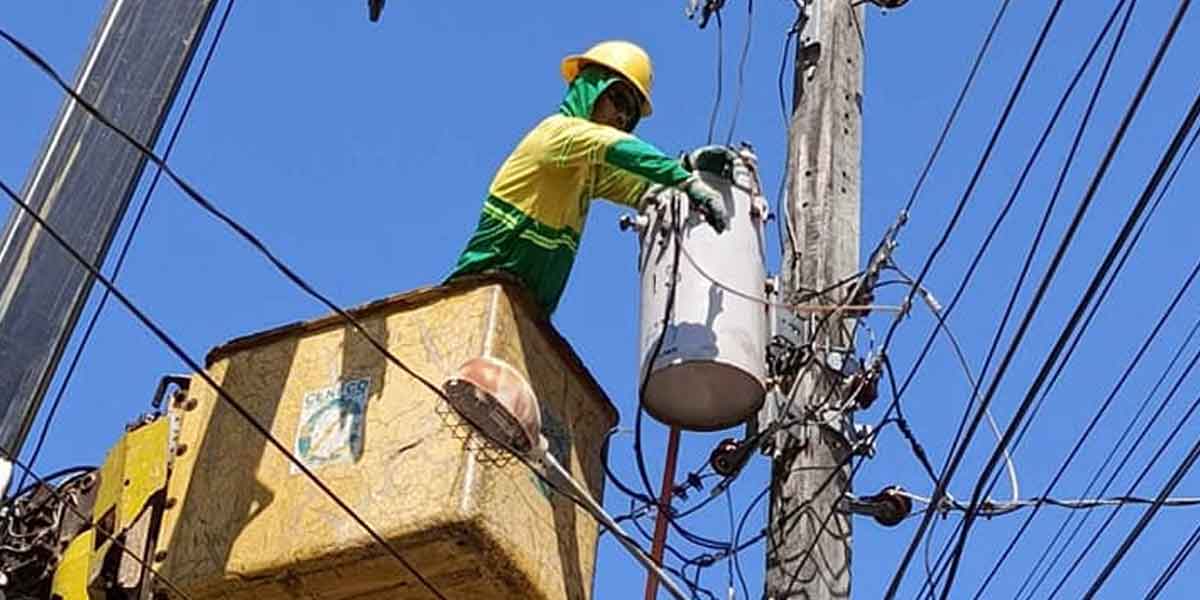By Rjay Zuriaga Castor
The surge in cases of pertussis, or whooping cough, in Iloilo this year is due to the low vaccination rate against the “highly contagious” respiratory infection, the Iloilo Provincial Health Office (IPHO) said on Tuesday.
Dr. Maria Socorro Colmenares-Quiñon, head of IPHO, noted that the province’s inoculation of the pentavalent vaccine, which offers protection against diphtheria, pertussis, tetanus, hepatitis B, and Hib, has only achieved a vaccination rate of 70 percent.
“We could have protected the children if our herd immunity were high, but our vaccination coverage is only 70 percent of the population, which falls short of the 95 percent target required for herd immunity,” she stressed.
Achieving herd immunity against pertussis would make the spread of the disease from person to person unlikely, thereby protecting the whole community—not just those who are immune.
According to IPHO data, the province recorded 14 new cases of the respiratory infection from March 18 to 23, bringing the total to nine positive cases with 21 suspected cases.
This is a 23.3 percent increase to the zero cases of pertussis recorded from January to March last year.
“Based on our data, only those who were not vaccinated, as they do not yet fall under the target population, were affected,” added Colmenares-Quiñon.
The age group with the highest number of cases comprises infants who are 1 month old.
The pentavalent vaccine is a routine immunization administered to infants in three doses at 6, 10, and 14 weeks, or between 2 and 5 months of age.
“If only we had achieved herd immunity, these children could have been protected. If only our mothers received Tdap during the 27th through 36th week of their pregnancy, we could have lowered the risk of whooping cough in babies younger than 2 months,” she added.
Colmenares-Quiñon mentioned that the Tdap (Tetanus, Diphtheria, Pertussis) vaccine for pregnant women is not provided by the Department of Health and is only available through private physicians.
“A fully vaccinated child against pertussis should receive five doses. We only have three doses, increasing the likelihood of outbreaks in our adolescents and infants or children, particularly those below our target,” she said.
Colmenares-Quiñon also emphasized that the low vaccination rate is due to vaccine hesitancy among parents.
The IPHO furthered that it has at least 14,000 vials of pentavalent vaccine available.
For barangays that have reported cases of pertussis, the IPHO said they will also administer pentavalent vaccines to those that are below two years old aside from having catch-up doses for those who missed.
With the low vaccination rate, Governor Arthur Defensor Jr. suggested incentivization as a strategy to encourage more parents to adhere to routine immunization, similar to the provincial government’s approach with the measles-rubella and oral poliovirus vaccine.
“We need to have an incentivization scheme to continue with our vaccination. We have to push for that if we are facing hesitancy in getting the vaccines,” he said.




















